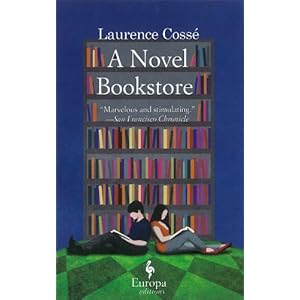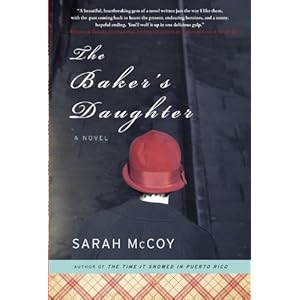The Beautiful and Damned
By F. Scott Fitzgerald
The Modern Library 2002
378 pages
From the library
Anthony Patch is living a life of luxury and waiting for his
grandfather's wealth to become his own. After graduation, he courts
and marries the beautiful Gloria Gilbert. They are prepared to drink, party,
and see and be seen by all of the right people until their proverbial ship
comes in. But things don’t go quite the way Anthony and Gloria expect.
Fitzgerald’s novels are notoriously autobiographical, and The Beautiful and the Damned is no
exception. It mirrors his life with Zelda, where they squandered their money on
alcohol and parties. Anthony goes into the army but, just like his creator, never goes overseas.
Fitzgerald writes from experience about falling in love and
getting married young. Anthony and Gloria are immature and selfish. Their passion
for each other is immense, but so is their need to have nice things, go nice
places, and be admired. Neither of them is willing to take responsibility for
themselves, their relationship, or their financial stability.
This does not make them particularly likeable as characters. They
are not malicious, but they are stuck in a sort of adolescent world without a
care. Anthony and Gloria miss the moment when one transitions from kids with no
worries to adults with responsibility and the desire to consider someone besides
themselves.
“After the sureties of youth there sets in a period of intense and
intolerable complexity…But by the late twenties the business has grown too
intricate, and what has hitherto been imminent and confusing has become
gradually remote and dim. Routine comes down like twilight on a harsh
landscape, softening it until it is tolerable. The complexity is too subtle,
too varied; the values are changing utterly with each lesson of vitality; it
has begun to appear that we can learn nothing from the past with which to face
the future – so we cease to be impulsive, convincible men, interested in what
is ethically true by fine margins, we substitute rules of conduct for ideas of
integrity, we value safety above romance, we become, quite unconsciously,
pragmatic. It is left to the few to be persistently concerned with the nuances
of relationships – and even this few only in certain hours especially set aside
for the task.”
Although this book is almost a century old, it feels incredibly
timely. Here is a novel about young love, about the tenuous line between riches
and poverty, about a young man who graduates from college, can’t decide what to
do with his life, and then can’t find a job. Fitzgerald’s brilliance is that it
resonated with his peers – those of old money whose world was changing rapidly –
and it resonates with the current generation that is watching their dreams fall
aside to the economic and social realities of our day.
As always, Fitzgerald writes beautifully of both the decadence of
wealth and the despair of having only change in your pocket. While this novel
may be at its heart about a married couple that likes to have a good time, The Beautiful and the Damned is a
serious look at the effect money (or the lack thereof) can have on a person and
on a marriage.
Have you read this book? What are your thoughts?

Next month, I will be reading Tales of the Jazz Age, a collection of short stories. Join me!








